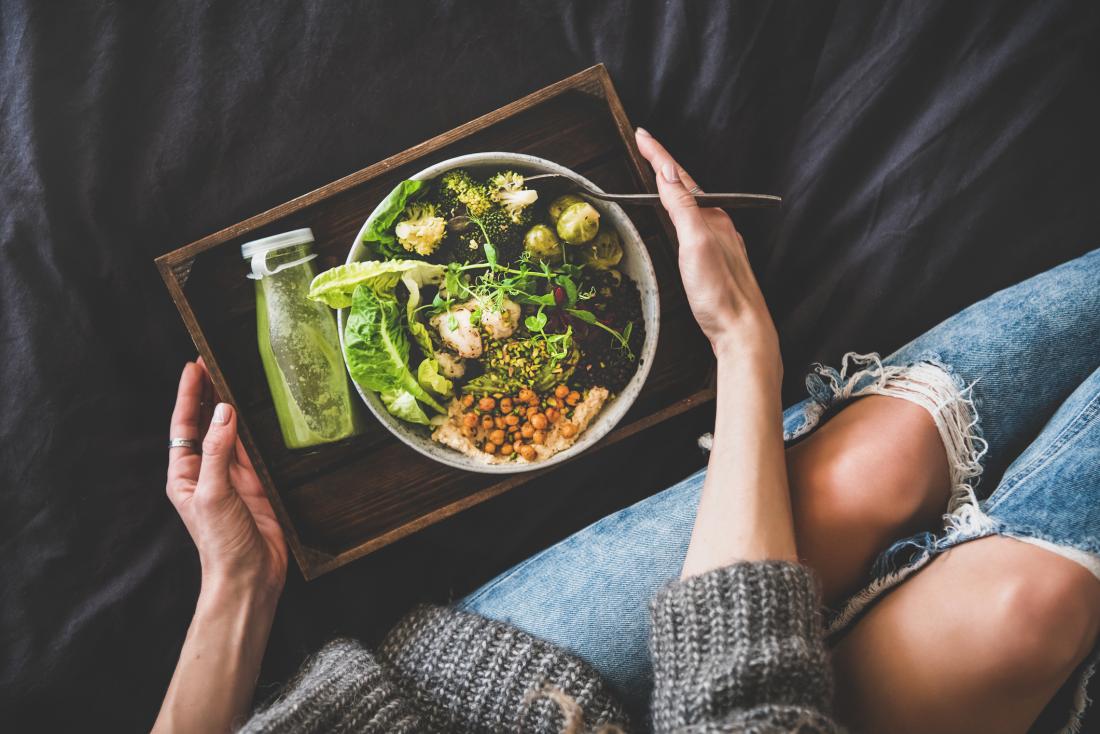What Supplies to Have at Home in Case You Get Sick
This time, mid-pandemic is no time to run to the pharmacy for last-minute supplies, so it makes sense to stock up before you get sick. Here’s what you’ll need to weather a mild bout of COVID-19 or, for that matter, a regular old cold or flu.
Ideally, you’ll pick up these items before you’re ill, or else put in place a back-up plan such as relying on a friend or delivery service to get them to you. Fortunately, the list of essentials is fairly simple, and even if you don’t have everything, you likely have substitutes on hand which will work just fine.
Fever reducers
COVID-19 symptoms often include a fever that can get pretty high, so it will be important to have a supply of fever reducers. “At least have some Tylenol,” when it comes to dosage, it’s important to follow the directions on the package.
There has been a lot of debate about whether ibuprofen is safe to take if you are sick with COVID-19. As it turns out, ibuprofen is still considered safe for patients with COVID-19, so if that’s the type of fever reducer you have in your home, don’t risk additional exposure by making an extra trip to the store to pick up a different kind. Just make sure you have enough of some kind of fever reducer right now.
Food and Home cleaning supplies

If you are sick, you shouldn’t leave the house. It’s important that you either have an adequate supply of food on hand or have a plan for how you would get this food while sick. A little preplanning can go a long way, as a lot of grocery delivery services are reporting delays.
We are already are (or should be) cleaning our homes more frequently, paying special attention to high-contact surfaces. In the event of you fall ill, these efforts will need to be stepped up, especially if there are others in your household. Make sure you have enough supplies at home to last at least two weeks so you don’t risk running out while you’re sick. Cleaning with detergent should be followed by disinfectant, for which you should use a diluted bleach solution or an alcohol solution that is at least 70% alcohol.
Surgical masks, Soap and Hand Sanitizer

For people who aren’t sick and aren’t trained healthcare professionals, masks offer a mixed benefit. If you do get sick, however, a mask is an important tool to help keep you from infecting others. If you are ill or caring for someone who is ill, definitely wear a mask.
We are already washing our hands and using hand sanitizer (right?). In the event you get sick, these measures will become even more critical in order to avoid infecting anyone you live with. Make sure you have enough soap and hand sanitizer for, at least two weeks.
“Wash your hands, wash your hands”.
Thermometer and “Listen to your body”

COVID-19 often arrives with a fever, which means having a thermometer on hand is useful to monitor the progression of your illness. However, the problem is that they are now hard to come by. If you don’t already have one, don’t worry, as there are alternative options. For starters, a digital meat thermometer can be used instead. But don’t fret too much if you don’t have anything with which to monitor your temperature.
There has been a lot of debate in some circles about whether it is useful to have a pulse oximeter, a little device that clips to your finger and measures the levels of oxygen in your blood.
If a patient doesn’t know how to correctly use a pulse oximeter, trying to do so can end up adding unnecessary anxiety to an already scary situation. For example, a bit of nail polish on your fingernail can result in an artificially low number.
“You don’t need a pulse oximeter to say you are short of breath,”. “If you feel like you have a fever if you feel like you are short of breath, then you need to reach out to your family doctor.” Emergency warning signs for which patients should seek immediate medical attention, according to the CDC, include trouble breathing, persistent pain or pressure in the chest, new confusion or inability to arouse, or a bluish tint to the lips or face.
Sources: Vitals, life hacker.





